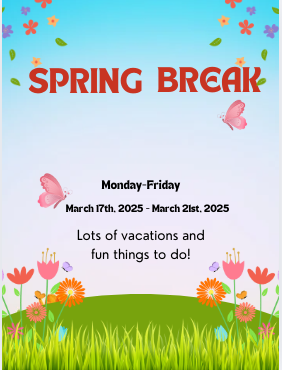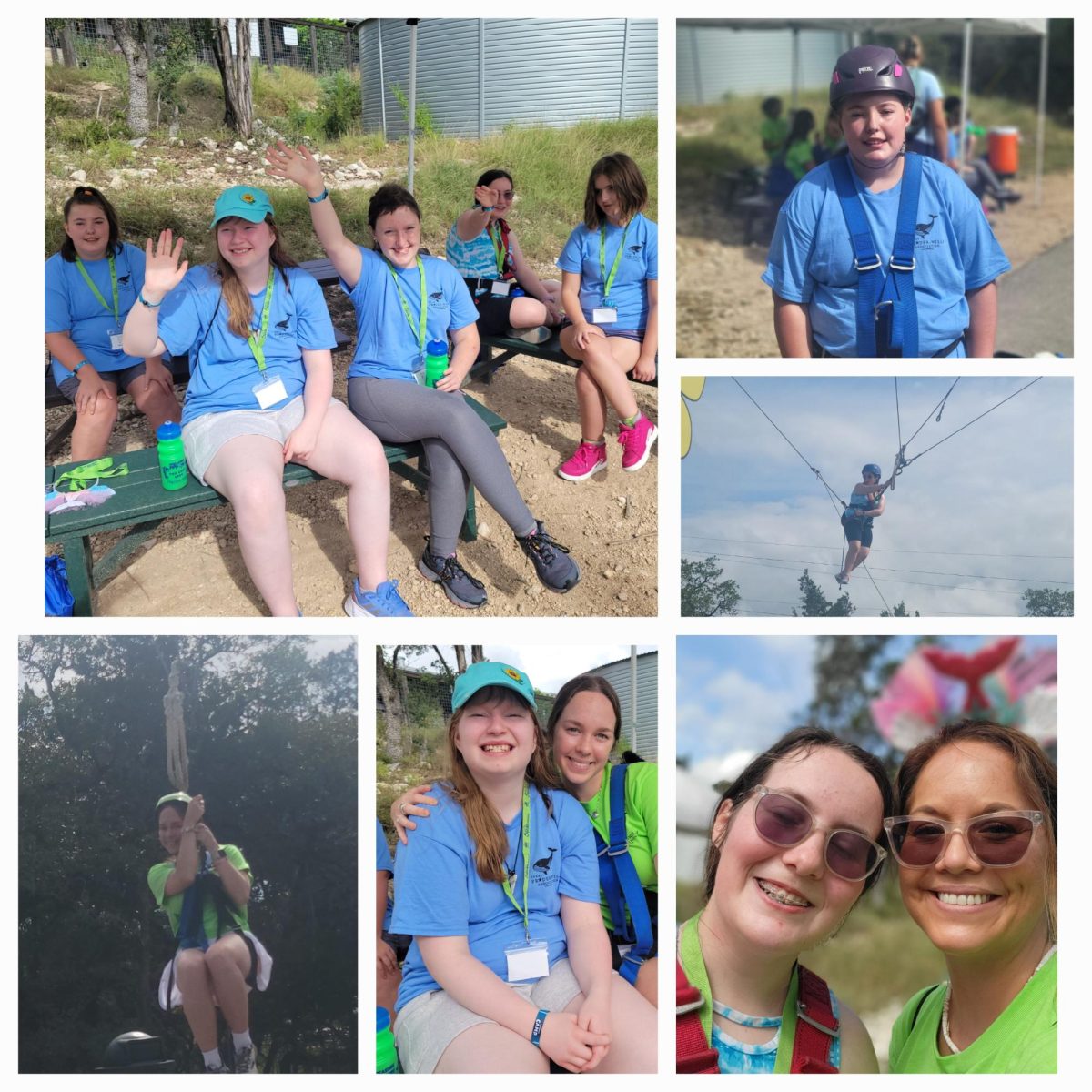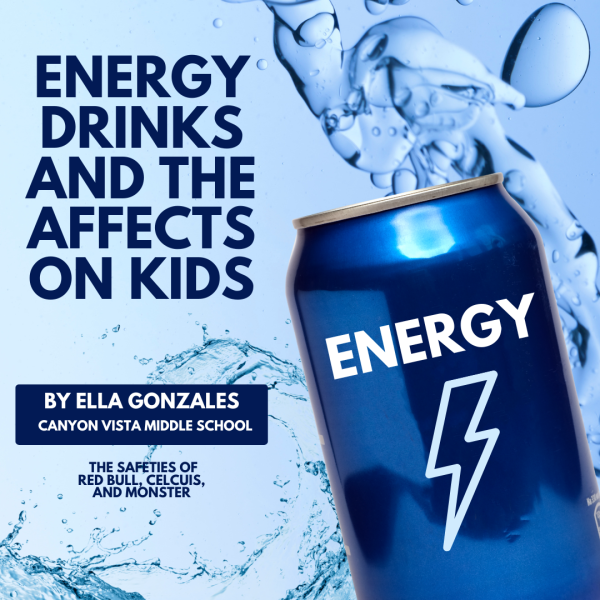How Gen Z Is Living Differently Than Other Generations
Generation Z is defined as people who have been born between 1995-2015. Gen Z is predicted to die more miserable then previous generations. Young adults and adolescents have higher rates of depression and psychological distress. Due to trends and other factors, mood disorders and depression are more common among teens compared to older [individuals]. Social media and a lack of sleep might be driving increases in poor mental health.
Lack of Sleep
The American Academy of Pediatrics has recommended that middle and high schools start at 8:30 a.m. or later to give students the opportunity to get the amount of sleep they need, but most American adolescents start school too early. For Gen Z, they are still growing so they are hardwired to stay up late. Their brains naturally work on later schedules. During adolescence, the body’s circadian rhythms are reset. So teens fall asleep later at night and wake up later in the morning. This does not pair naturally with waking up early to catch the bus. Lack of sleep can cause stress and anxiety.
Technology
Gen Z is using phones instead of in-person interactions, that could be contributing to these young adults’ loneliness. Teens are living their lives on their smartphones. The advice to reduce cellphone usage is something almost every kid has heard. After repetitively being told to not use phones they still do. Modern technology is a miracle. That being said, all things come at a cost. Smartphone use is also associated with worse physical fitness and academic performance among students.
It’s clear that social media is an enormous part of Gen Zs’ lives, and for more than half of them, it provides a feeling of support. Generation Z grew up during the most accelerated and game-changing periods of technological advancements in human history, so they don’t remember life without it. Its a part of life, to them, it’s a necessity like food and water but that is not a healthy way to live.
Gen Z lives a lot different than our parents’ generations. If you want to read more about depression click here

Evlabia is a human being (which is very shocking) she enjoys hanging out with friends, going to school, and referring to herself in the third person. She...

























